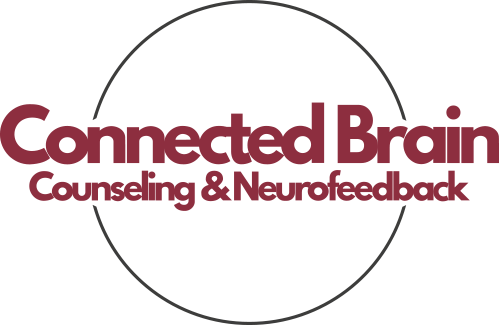Understanding Contempt in Marriage
Contempt can be expressed in various ways, both verbal and non-verbal. It often involves behaviors like mocking, sarcasm, eye-rolling, name-calling, or dismissive body language. These actions are usually intended to belittle or undermine the other person, conveying a message of inferiority.
Unlike anger or frustration, which can be temporary and related to specific issues, contempt is more pervasive. It is rooted in a deep-seated belief that the other person is less worthy or deserving of respect. This belief can become ingrained in the way partners interact, turning everyday disagreements into opportunities to degrade or demean one another.
The Impact of Contempt on a Marriage
The presence of contempt in a marriage is often a sign of deeper underlying issues. It can indicate unresolved resentment, unmet needs, or long-standing dissatisfaction with the relationship. Over time, contempt can lead to several negative outcomes:
- Emotional Distance: Contempt creates a barrier between partners, making it difficult to maintain emotional closeness and intimacy. The constant negativity can cause partners to withdraw from one another, leading to feelings of loneliness and isolation within the marriage.
- Increased Conflict: Contempt tends to escalate conflicts rather than resolve them. When one partner feels superior to the other, it can be challenging to engage in constructive communication or find common ground. This can lead to a cycle of arguments that are never fully resolved.
- Erosion of Trust and Respect: Trust and respect are the cornerstones of a healthy marriage. When contempt is present, these essential elements are gradually eroded. Over time, this can lead to a breakdown in the relationship’s core connection.
- Risk of Divorce: Research has shown that contempt is one of the strongest predictors of divorce. When contempt becomes a regular part of the relationship, it can create an environment where both partners feel hopeless about the future of their marriage.
Addressing Contempt in a Marriage

Recognizing and addressing contempt in a marriage is crucial to preserving the relationship. Here are some steps couples can take:
Practice Empathy and Appreciation: Actively practicing empathy and showing appreciation for your partner can counteract feelings of contempt. Make an effort to understand their perspective and acknowledge their positive qualities
Self-Reflection: Both partners should take time to reflect on their own behavior and attitudes. Recognizing feelings of contempt is the first step toward addressing them.
Open Communication: It’s essential to discuss feelings of contempt openly and honestly with your partner. Avoiding blame, focus on expressing how certain behaviors make you feel and work together to find solutions.
Seek Professional Help: Couples therapy can be highly effective in addressing contempt and its underlying causes. A trained therapist can help couples develop healthier communication patterns, rebuild trust, and restore respect within the marriage.
Why Choose Connected Brain Counseling?
At Connected Brain Counseling, we understand how damaging contempt can be to a marriage. Our experienced therapists are here to help couples navigate these challenging emotions, offering tools and strategies to rebuild trust and respect. Through our tailored approach, we work with couples to restore the foundation of their relationship, fostering a healthier, more fulfilling connection.
- “Contempt in Marriage: Causes and Solutions,” American Psychological Association. This article provides an in-depth look at how contempt develops in marriages and offers strategies for addressing it. More details at American Psychological Association.
- “The Role of Contempt in Marital Conflict,” National Institute of Mental Health. This resource discusses the impact of contempt on marital satisfaction and the importance of early intervention. Learn more at National Institute of Mental Health.
If you’re struggling with feelings of contempt in your marriage, don’t wait until it’s too late. Contact Connected Brain Counseling today for a free consultation. Let us help you rebuild your relationship and create a healthier, more respectful connection.





